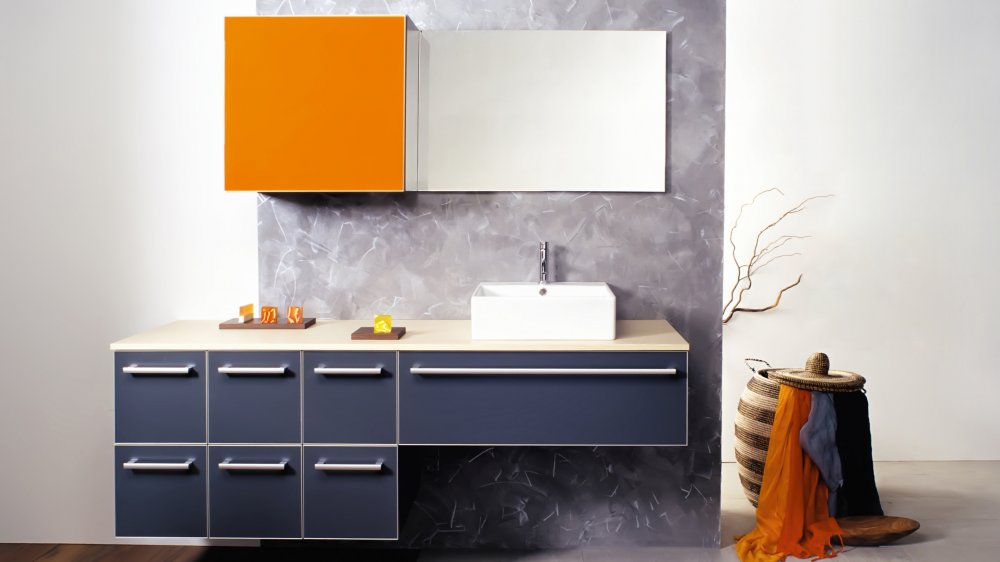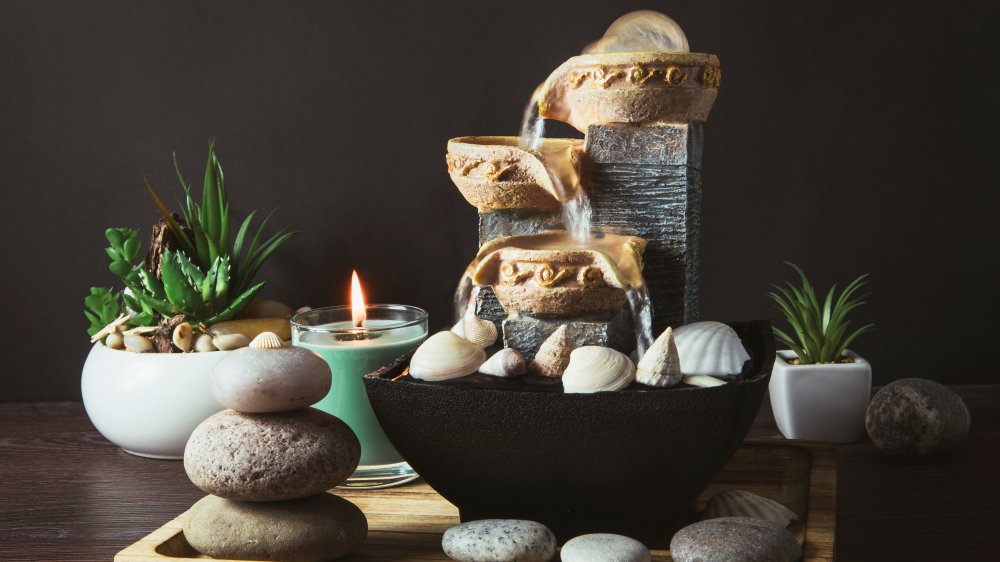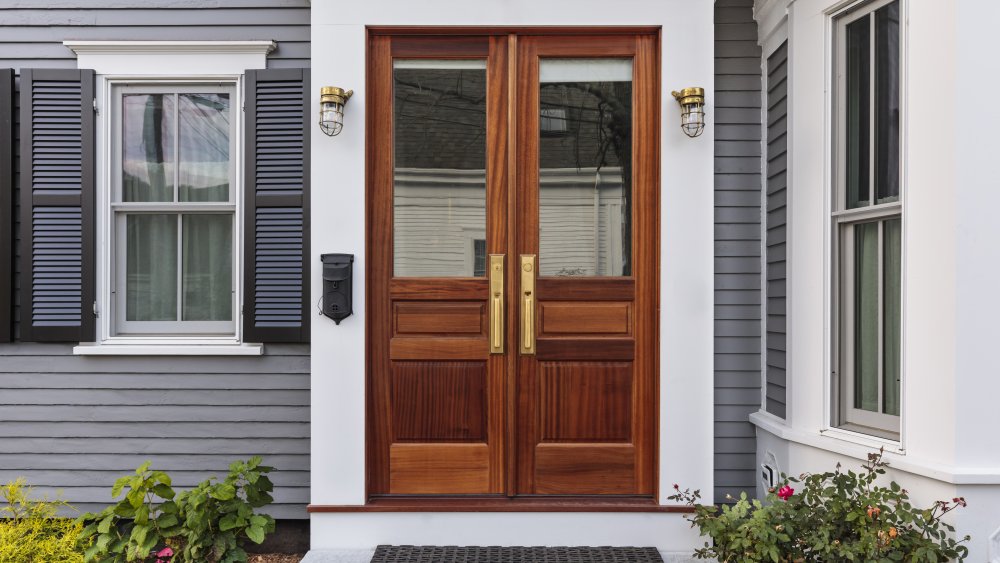The Untold Truth Of Feng Shui
Common in Chinese culture, feng shui is often referred to by architects and interior design experts — but rarely understood by those outside the design industry. You may have heard it being referred to regarding your bedroom, office, kitchen, and even your backyard. The practice dates back thousands of years and was first linked to the Tang Dynasty (via The Spruce).
"Feng shui is a philosophy of life," Wei Dong, a professor in the School of Human Ecology at the University of Wisconsin-Madison, told The New York Times. "Good feng shui means being in harmony with nature, or your environment, your mind and your soul." Put slightly more simply, "feng shui is a set of techniques intended to manipulate the wind and water Qi (or energy) for a built structure or soon-to-be-built structure to bring in offspring, wealth, health, and longevity for the occupants," Edgar Lok Tin Yung, feng shui expert, explained to MamaMia.
Feng shui is all about energy
In order to achieve good feng shui, you need to shift your focus to this qi or energy. "Imagine a river flowing through your space," Hong Kong-based designer Thierry Chow advised CNN. "If it's not going smoothly then you should rearrange some furniture to clear that blockage." According to Chow, this is done by embracing the yin and the yang, "the most important symbol in feng shui". He continued, "When there is light there is always dark. And a space needs to have both in order to have balance."
In order to bring good feng shui to your space, Chow advises incorporating the five elements (earth, wood, fire, water and metal). He explained: "Earth can be represented by stones, marbles, crystals or clay. The wood element is plants. Fire can be candles or lighting — anything that generates energy and warmth. Then there's water: a water fountain or fish tank. Metal elements can be copper, bronze, silver — anything that's metallic." Basically, these five elements work together and have a surprisingly significant impact on the balance and energy of each room.
Feng shui begins at your front door
When incorporating feng shui into your space for the first time, it's best to start at the front door. "Traditional feng shui tells us that the most important area in a house or office is the main door or the main entrance as this is the connection point to the outside world," Edgar told MamaMia. He continued, "If the main entrance is set up correctly (in terms of direction and positioning), it channels good opportunities to enter the house."
The second space to focus on is the center of the house, which Edgar calls the "heart of the house." While many houses have the kitchen in the center of their house, this is not advised. His hot tip? "This should be kept as spacious as possible. Do not place any active objects in the center of the home." You want to avoid blockages at all costs, just as you would to your human heart.


